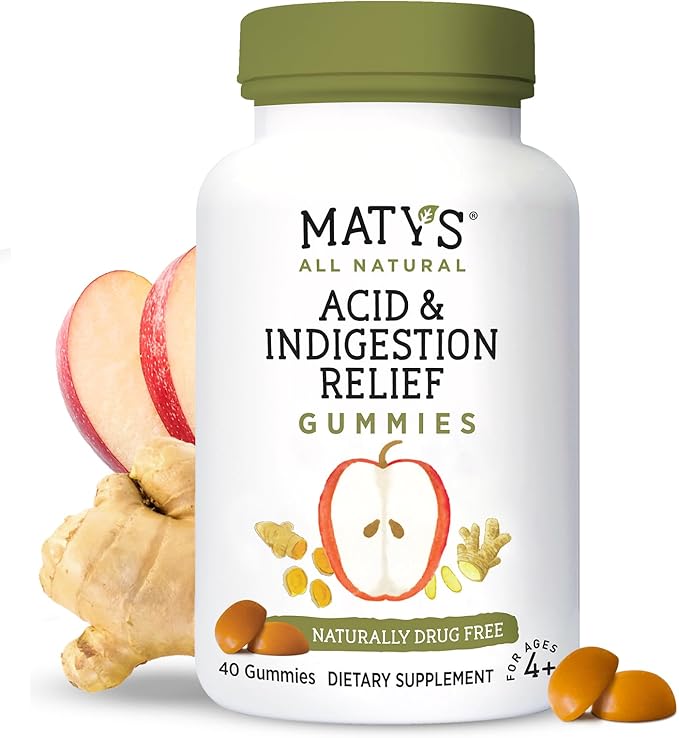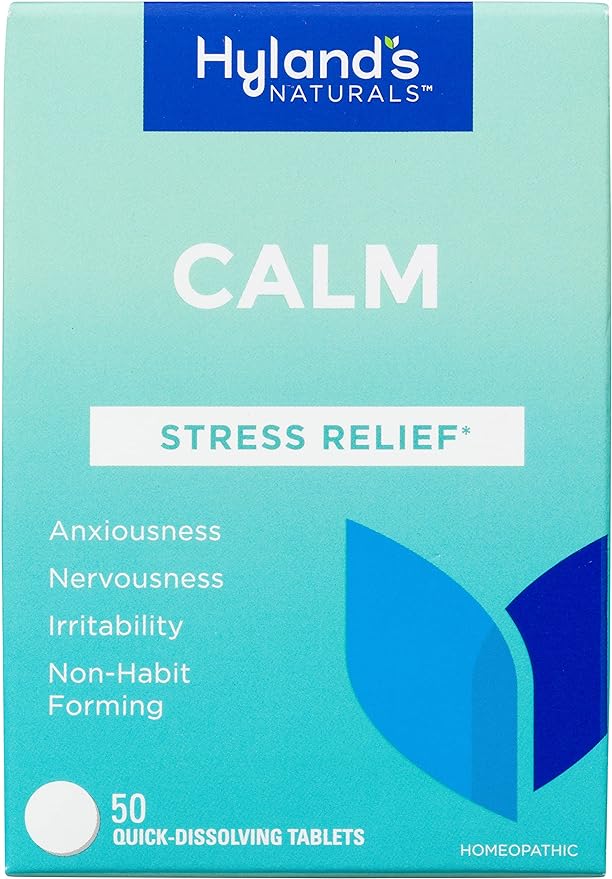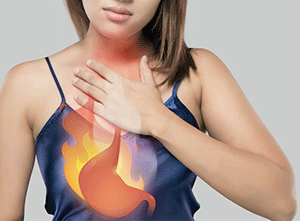Chest pain often evokes immediate concern, especially when it comes to the risk of a heart attack. However, there are several other causes of chest pain that are not related to the heart. Understanding these can alleviate anxiety and help in identifying when to seek medical attention.
Other Topics You Might Like
Helpful Products You Might Like

Matys Acid & Indigestion Relief Gummies For Chest Pain

Bengay Ultra Strength Topical Pain Relief
Cream

Hyland's Calm Tablets Stress Relief
Supplement
"(Paid Links)" 
Gastroesophageal Reflux Disease (GERD)
One of the most common non-cardiac causes of chest pain is GERD. This condition occurs when stomach acid flows back into the esophagus, causing irritation. Symptoms may include a burning sensation in the chest, known as heartburn, which can mimic heart-related pain. Lifestyle changes, dietary adjustments, and medications can often provide relief.

Musculoskeletal Issues

Chest pain can also stem from musculoskeletal problems, such as costochondritis, which is the inflammation of the cartilage that connects a rib to the sternum. This pain is typically sharp and may worsen with movement or palpation. Other factors like muscle strain or injury from heavy lifting can also lead to chest pain, making it important to consider recent physical activities.
Anxiety and Panic Attacks
Psychological factors play a significant role in chest discomfort. Anxiety and panic attacks can lead to chest tightness, rapid heartbeat, and shortness of breath, all of which can be mistaken for heart-related issues. Recognizing the link between mental health and physical symptoms is crucial, and therapeutic interventions can help manage these symptoms effectively.

Pulmonary Conditions
Conditions affecting the lungs, such as pneumonia, pleurisy, or pulmonary embolism, can cause chest pain. Pneumonia can result in sharp pain that worsens with breathing or coughing, while pleurisy leads to pain due to inflammation of the tissues surrounding the lungs. A pulmonary embolism, a blockage in a pulmonary artery, can cause sudden chest pain and requires immediate medical attention.
Esophageal Disorders
Apart from GERD, other esophageal conditions can cause chest pain. Esophageal spasms, for instance, are painful contractions of the esophagus that can create intense pain similar to that of a heart attack. Additionally, esophagitis, which is inflammation of the esophagus, can cause discomfort, especially during swallowing.
Shingles (Herpes Zoster)
Shingles, caused by the varicella-zoster virus, can lead to a painful rash and is sometimes accompanied by chest pain. The pain usually occurs before the rash appears and can feel like a burning sensation. It’s important to seek medical attention if shingles are suspected, as antiviral medications can help reduce symptoms and complications.
Conclusion
While chest pain can be alarming, many causes are benign and not related to cardiac issues. Understanding the various reasons behind chest discomfort can empower individuals to seek appropriate care and alleviate unnecessary worry. If chest pain is persistent, unusual, or accompanied by other concerning symptoms, it’s crucial to consult a healthcare professional for a thorough evaluation.
